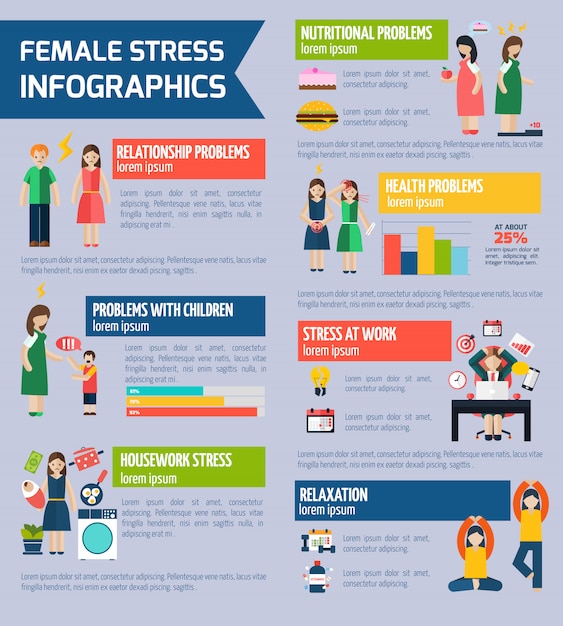

Different psychological treatment formats for consideration include individual and/or group face-to-face psychological treatments delivered by professionals and supervised lay therapists. Health-care providers should keep in mind the possible adverse effects associated with antidepressant medication, the ability to deliver either intervention (in terms of expertise, and/or treatment availability), and individual preferences. Different medications are used for bipolar disorder.

There are effective treatments for depression.ĭepending on the severity and pattern of depressive episodes over time, health-care providers may offer psychological treatments such as behavioural activation, cognitive behavioural therapy and interpersonal psychotherapy, and/or antidepressant medication such as selective serotonin reuptake inhibitors (SSRIs) and tricyclic antidepressants (TCAs). Exercise programmes for older persons can also be effective in depression prevention. Interventions for parents of children with behavioural problems may reduce parental depressive symptoms and improve outcomes for their children. Effective community approaches to prevent depression include school-based programmes to enhance a pattern of positive coping in children and adolescents. Prevention programmes have been shown to reduce depression. For example, cardiovascular disease can lead to depression and vice versa. There are interrelationships between depression and physical health. Depression can, in turn, lead to more stress and dysfunction and worsen the affected person’s life situation and the depression itself. People who have gone through adverse life events (unemployment, bereavement, traumatic events) are more likely to develop depression.

recurrent depressive disorder, meaning the person has a history of at least two depressive episodes and.single episode depressive disorder, meaning the person’s first and only episode).There are different patterns of mood disorders including: Yet, these physical symptoms are not due to another medical condition.ĭuring a depressive episode, the person experiences significant difficulty in personal, family, social, educational, occupational, and/or other important areas of functioning.Ī depressive episode can be categorised as mild, moderate, or severe depending on the number and severity of symptoms, as well as the impact on the individual’s functioning. In some cultural contexts, some people may express their mood changes more readily in the form of bodily symptoms (e.g.

Several other symptoms are also present, which may include poor concentration, feelings of excessive guilt or low self-worth, hopelessness about the future, thoughts about dying or suicide, disrupted sleep, changes in appetite or weight, and feeling especially tired or low in energy. Symptoms and patternsĭuring a depressive episode, the person experiences depressed mood (feeling sad, irritable, empty) or a loss of pleasure or interest in activities, for most of the day, nearly every day, for at least two weeks. In countries of all income levels, people who experience depression are often not correctly diagnosed, and others who do not have the disorder are too often misdiagnosed and prescribed antidepressants. Barriers to effective care include a lack of resources, lack of trained health-care providers and social stigma associated with mental disorders. Suicide is the fourth leading cause of death in 15-29-year-olds.Īlthough there are known, effective treatments for mental disorders, more than 75% of people in low- and middle-income countries receive no treatment (2). Over 700 000 people die due to suicide every year. At its worst, depression can lead to suicide. It can cause the affected person to suffer greatly and function poorly at work, at school and in the family. Especially when recurrent and with moderate or severe intensity, depression may become a serious health condition. Depression is different from usual mood fluctuations and short-lived emotional responses to challenges in everyday life. Approximately 280 million people in the world have depression (1). Depression is a common illness worldwide, with an estimated 3.8% of the population affected, including 5.0% among adults and 5.7% among adults older than 60 years (1).


 0 kommentar(er)
0 kommentar(er)
